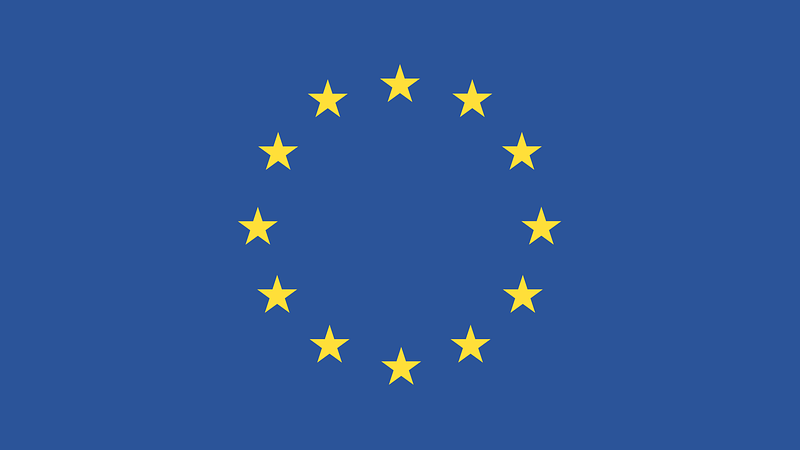
The European Parliament said in a provisional resolution released on December 13 (local time) that it expects the bloc chain to play an important role in improving trade policies and that the EU should demonstrate its leadership in promoting global dissemination.
Block Chain: This resolution, entitled “Future-Oriented Trade Policy,” recognizes that the EU’s free trade agreements are not fully exploited and that 67% of the EU’s exports and 90% of its imports do not use preferential tariffs I have pointed out. Block chains can lead to improved trade policies. The reason for the resolution is that exports can put all the documents in the program of the public agencies supported by the block chain and show preferential tariff compliance under the FTA. Preferential tariffs are applied by concluding an FTA.
The European Parliament also points out that the block chain technology provides credibility for the origin of the product and makes it easier for the customs authorities to obtain information. It hopes to curb the costs associated with international transactions, thereby streamlining, speeding up and speeding up world trade.
Although this resolution is largely regarded as a DLT for individuals in the block chain, it also acknowledges the expanded use of the various blocks in the block chain that mixes various case studies and industries. The resolution says that the European Commission will have to develop a block-chain field and make a series of guidelines for its application. It also calls for the European Commission to create a block-chain technical advisory group to conduct a block-chain policy survey. There is an opportunity for the EU to play a leading role in the block chain and international trade, and it should also influence the development of the bloc chain with partners around the world.
In early December, seven EU member nations announced a joint declaration calling for the promotion of block-chain use in the region. Malta’s proposal was signed by Italy, France, Cyprus, Portugal, Spain and Greece. Of course, there is also a skeptical position within the EU. The European Central Bank Governor said that there was no plan to issue its own digital currency in September, and even in November, another executive said Bitcoin was the son of a devil born in the financial crisis. For more information, please click here .


















Add comment